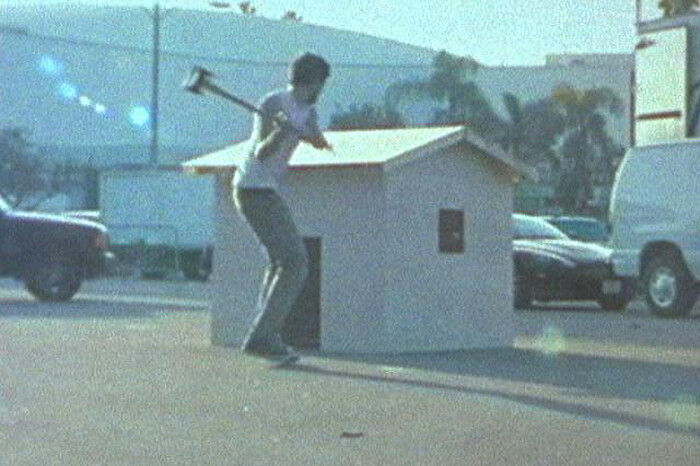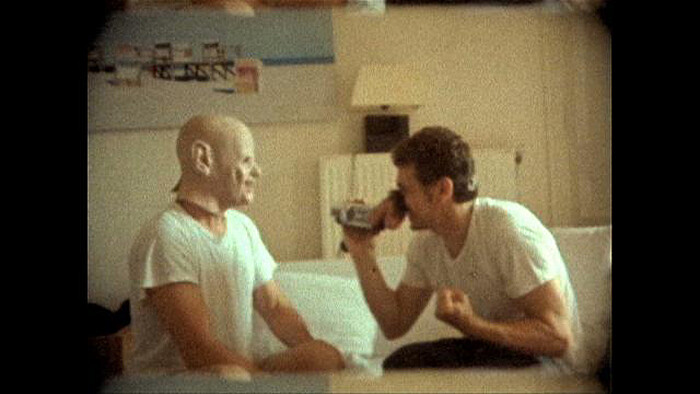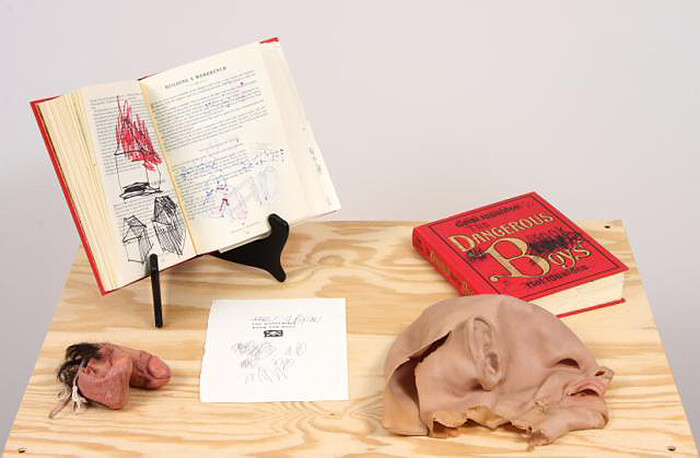Parmenides once said, “nothing comes from nothing,” all matter is born of some other stuff, transformed. In parallel, ideas build off forbears. Thus, all art, as with all exchanges, is derivate, and at the same time, potentially transformative. Even so, there is a slight irritation when a new voicing resembles too closely an antecedent. To this end, critics have tried to define the difference between an inspiration and a copy by formulating the pejorative term “plagiarize” to denote theft—around the time the liberal idea of personal property was also in development. In suite, an academic calculus was set in place to regulate these moral issues in its closed system. However, no such measure exists in colloquial speech other than public opinion. In fact, in popular culture, the “transformative nature,” often the yardstick to defend allowable “borrowing,” tends not to be aimed at the work or ideas themselves, but at the ability for the performer to make the appropriation part of their persona. In other words, the transformation comes when the actor “owns it” by reaching a level of intrigue and publicity in an action, a use, or reuse of various forms. This acceptance becomes the transformative act itself; communication is the production. In such a set up, the idea of plagiarism is subjective, as “value” can now be placed in the social performance. Then, nothing is “stolen” from a primary source—hence the tricky juxtaposition of Saddam Hussein and Joe Biden—the first convicted of plagiarism, amongst other things, while the other, also a known plagiarist, ran and effectively won office around the same time. These peculiar issues have been playing out in two different, but recent Berlin “scandals.”
In the small, but rarefied demographic of the art world, visitors to both Peres Project locations, Berlin Kreuzberg and Mitte respectively, will encounter the oddly familiar work of the artist James Franco. Franco’s indebtedness to Paul McCarthy, for example, is so obvious that the press release even discloses the connection. And yet, although many in the art system can spot these rampant, tepid, “contributions”—like the repurposing of toys and other youth nostalgia, such as grotesque masks, to form a constellation of decaying, mutilated relics—they are dwarfed in relation to the overall media package of Franco as polyglot actor-poet-artist-cosmopolitan, and so on. The works on show are simply props for this larger configuration, the real artwork: Franco’s performance as Franco. To critique the exhibition on its own terms would be as bland as critiquing a pianist for using a stolen piano. So, what is there to look at in this presentation..?
On the mass, yet equally exclusive scale of government is the Guttenberg scandal. Here, the recently resigned Federal Minister of Defense, Karl-Theodor zu Guttenberg, has stepped down following the discovery of his extensive use of unattributed citations in his PhD dissertation. Yet, even as the disgraced outgoing Defense Minister, Guttenberg—of noble origins and prior to these events, essentially a political icon in the waiting—was awarded the honor of a farewell march. Guttenberg, an avid Heavy Metal fan, challenged such a typically stayed tradition by requesting the band play Deep Purple’s Smoke on the Water. This semi-bazaar mingling may look like an outtake from a Broadway musical, yet Guttenberg’s choice of song is uncannily significant.
Smoke on the Water features the classic blues-cum-rock 1st, to minor 3rd, to dominant 5th chord progression. This riff, used many times before seems to “borrow” form the Stooges’ Lose, which in its own way, is a cousin to MC5’s Kick out the James, and the Small Faces’ Don’t Burst My Bubble. I doubt Guttenberg picked the song for any reason other than musical affinity and popular appeal; however, it is of note that a copyist chose a rather well used “riff.”
As any musicologist will attest, a riff is an ostinato, or a “stubborn” adherence to a musical voice. This baseline is often used as the ground from which a musical idea can be improvised, hence the double meaning of the riff as an underlying theme and its development through solo improvisation. As such, this refrain becomes that which is recognizable, the proverbial tune or meme stuck in one’s head. Following the music analogy further, the variation is what allows the soloist to stand out, to rise above others. Guttenberg’s choice of song will cement his legacy, just as Franco’s acts as a visual artist and an intellectual separates him from his pack: other attractive, young Hollywood heartthrobs trying to attain “it” status.
Paradoxically, the idea of a celebrity is something both exclusive and available to the masses at the same time. With this in mind, could it be that both of these interlopers, one in high academia and the other in the elitist realm of art, capture popular imagination because they rise above sound competition by reducing the trappings of their profession? Whatever the answer to this might be, both examples appear to show that copying by the book is OK, as long as the performance of doing so will be copied in magazines there after.






